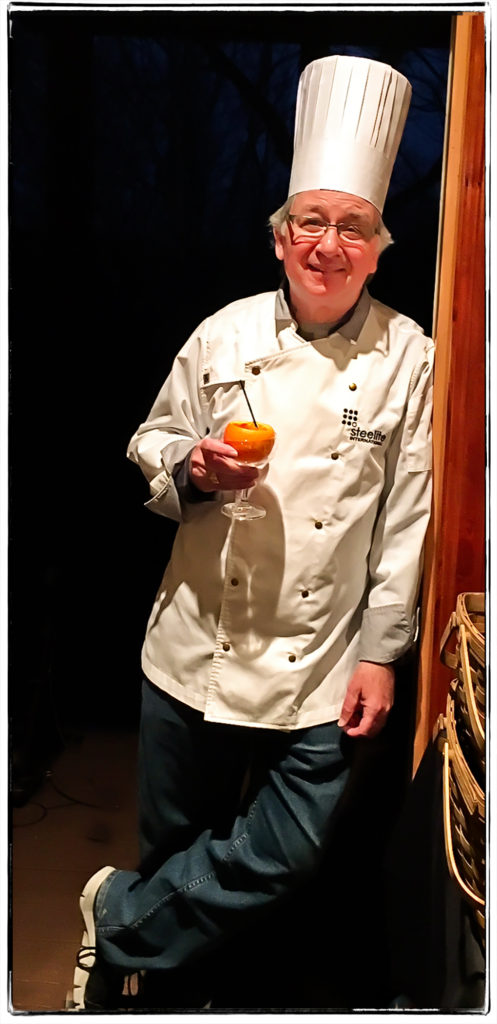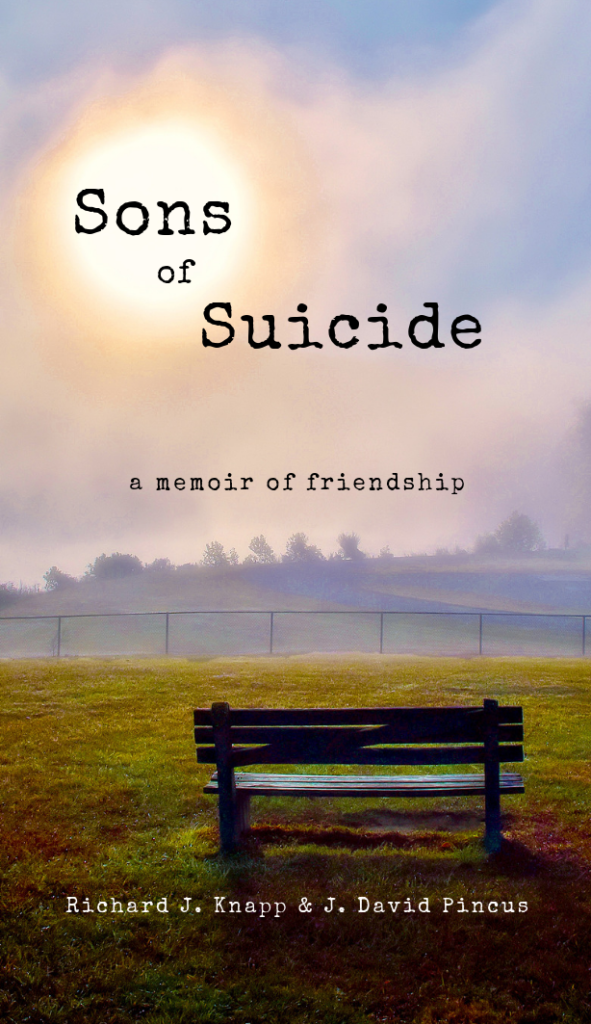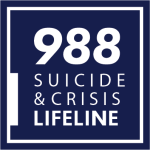About the Authors
You wouldn’t know it to look at his schedule, but Rick has been retired since 2012. His calendar is packed: family events, travel, meet-ups with friends, work on behalf of several not-for-profits.
Rick and his wife, Ellen, moved to Cleveland, OH, from Princeton, NJ, in 1993. Rick was a partner with Mercer, a global management consulting firm, and took on a new role heading the firm’s Cleveland office. Cleveland is still home. And to Rick’s amusement, it’s the longest he has lived anywhere; by the time he was 17, he had attended 13 schools in 12 years (one of them twice).
Most mornings find David taking a vigorous walk along the beach two blocks from his home in Oceanside, CA. Roughly once a week, he’s accompanied by Megan, his daughter who lives in nearby Carlsbad. Other days, he takes advantage of the time to talk by phone with friends in the Eastern time zone. Often his first call is to Rick (who is just as likely walking Bernice, his 72-pound Bernedoodle).
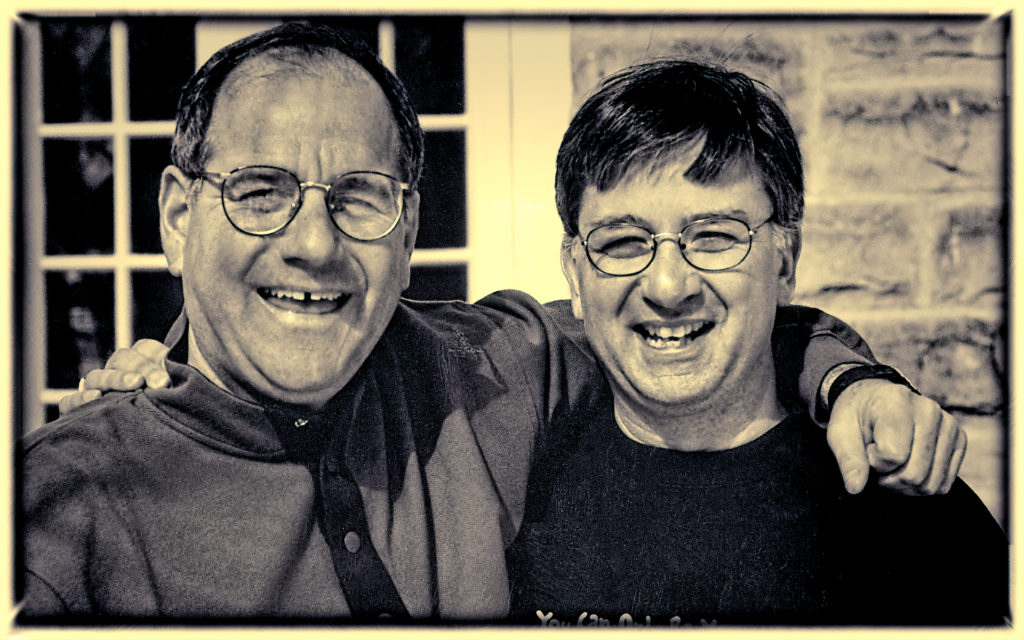
And once they start chatting . . . well, let’s just say time loses all meaning.
***
We’ve known each other forever, or so it seems. Some 53 years, and still counting. Truth is, we can’t imagine life without our friendship.
We met – quite accidentally – when we were 17, during the hectic, waning days of high school (see Chapter 3). Within weeks, we became fast friends, helped along considerably by the remarkable discovery that we shared the same “secret”: our mothers took their lives when we were young teenagers. But in addition to that common tragedy, we share an affinity for many of the same things, such as baseball, the study of communication, travel, politics and our grandchildren (Rick has two, David four). Yet we differ on just as many.
Rick, for instance, favors fine Scotch, while David’s content with Diet Coke with lemon (though, in recent years, he’s been known to “sample” Scotch now and again, at Rick’s prodding)…
Brooklyn born, David was a Dodgers fan when they still played in Ebbets Field and remained so, as if somehow ordained, after his family wound up in Southern California a year after the team abandoned Brooklyn for LA. Rick’s early days were in Manhattan, so he naturally pulled for the Yankees until a professional opportunity brought him to Cleveland 27 years ago, where the resurgent Indians soon captured his imagination and eventually his heart…
Our one and only knock-down, drag-out argument was not over sports or politics or a girl, but rather a joint business venture as college seniors (see Chapter 27)…
And then there’s exercise: David can’t get enough of it, whereas Rick can’t find a way to like it enough to do it consistently — yet we scratch our heads at the mystifying irony that David’s been through heart bypass surgery and a cancerous thyroid while the worst health “crisis” Rick’s faced is outpatient knee surgery. Go figure…
Education
As undergrads, we stuck together at the University of Maryland, College Park, graduating in 1970 — Rick in journalism, David in political science. It was there during our senior year we collaborated for the first time on a writing project: In a civil rights law seminar, we lobbied the professor to allow us to join forces on the major paper assignment. He was reluctant but consented if we agreed to double the minimum interviews, reference sources and number of pages. The prof was pleasantly surprised and awarded the paper an unqualified “A” to our delight and relief. It’s the only college paper – still in its original typed form — either of us has kept.
For graduate school, Rick took off for The Ohio State University to pursue his Master’s in journalism, while David stayed at the University of Maryland to work on his M.A. in speech communication, followed several years later by a Ph.D. in organizational communication.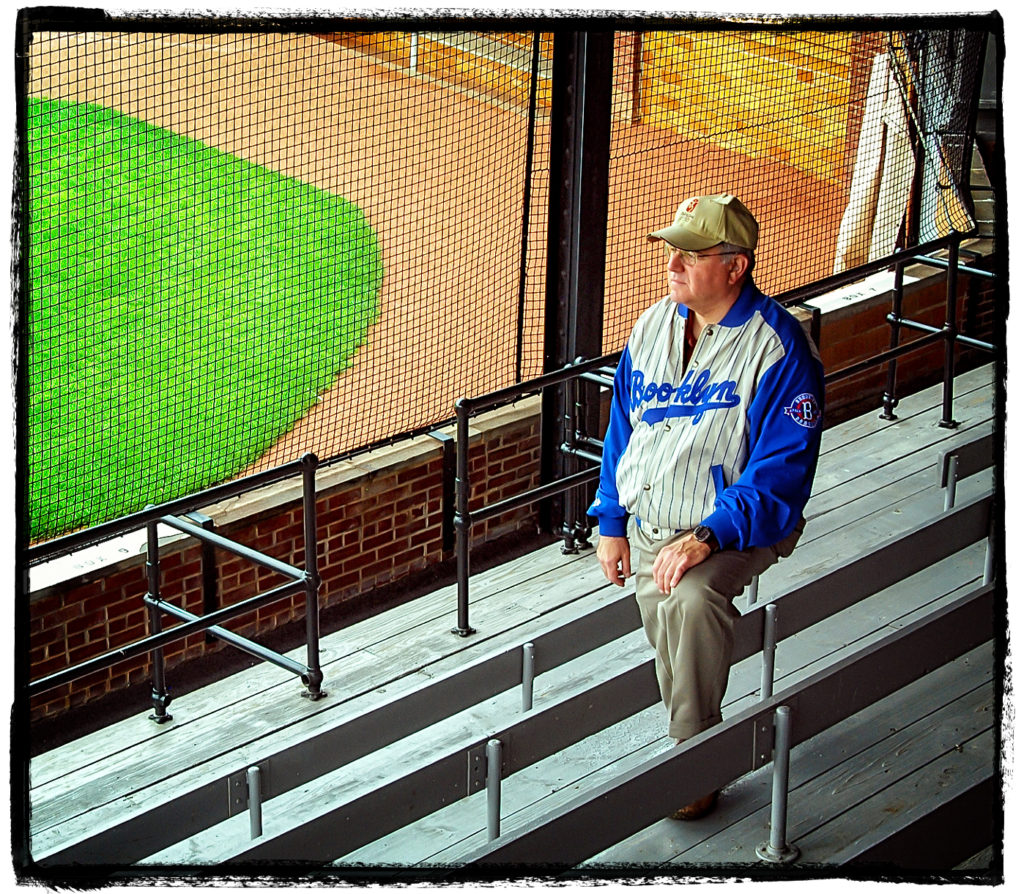
Professional Life
Technically speaking, our professional lives took place in the same field of communication though we chose to walk very different paths within that field. Which meant, most of the time, we lived in different time zones. Nevertheless, geography never stopped us from staying in close touch or being there for one another when needed.
Rick’s working life began as a public information officer in the U.S. Air Force, first in New Hampshire, then at Air Force Headquarters, Europe. Subsequently, he was appointed director of communication for the Air Force Association, a non-profit organization based in Washington, D.C. After a few years there, he shifted to the corporate world, assuming responsibility for organizational and employee communication for a division of AT&T Long Lines. But he would find his true calling with his next move: consultant, practice leader and partner with two highly respected management consulting firms, Foster Higgins and Mercer . His assignments encompassed a wide range of client organizations, including many Fortune 500 companies. He was named one of the first 20 principals at Foster Higgins, where he thrived until recruited to Mercer to head its Cleveland office and manage large and challenging client relationships. He retired as a partner in 2012.
After his Master’s work, David managed communication departments for two national trade associations in the Washington, D.C., area, before joining Marriott Corporation as its first corporate employee communication director. After several years, he left the business world to enter a second professional life as an educator and scholar, eventually joining the communication and business faculties at three universities: California State University, Fullerton; the University of Southern California; and the University of Arkansas, Fayetteville. At USC, he taught in the Executive MBA program and began writing Top Dog: A Different Kind of Book About Becoming an Excellent Leader, a uniquely formatted book mixing fiction with nonfiction segments. And at Arkansas, he held dual appointments as Director of the MBA program in the Walton College of Business and Professor of Communication in the Fulbright College of Arts & Sciences.
Personal Life
Today, we’re both living socially active, varied, fulfilling lives, marked by frequent travel, involvement in grandchildren’s activities, volunteer work, photography, other friends and, of course, book writing . . . yet no matter how busy we get, it’s rare that more than a few days pass when we don’t talk or email.
Since before he retired, Rick has served in volunteer leadership roles at Cleveland Play House, America’s first regional theatre and recipient of the 2015 Tony Award for regional theatres, and as a member of the Chair’s Council of ideastream, parent of Northeast Ohio’s Public Radio and Television stations. David has volunteered his counsel to the CEO and top management team at Special Olympics Southern California as they seek to craft a long-term leadership development program to ensure the organization a steady flow of prepared leaders moving forward.
Over the years, we’ve eagerly sought out travel opportunities with our spouses, Ellen (Rick) and Karen (David), and other friends and family members – and that eagerness has only grown as our available time for travel has expanded. We’ve cruised oceans and rivers together from Alaska to the Panama Canal to the Danube, and toured landmark cities around the world, from Edinburgh (Scotland) and Prague (Czech Republic) to Cabo San Lucas (Mexico) and Juneau (Alaska). And near the end of every trip, one of us inevitably poses the welcome question, “Where to next?”
One thing has always been true with us: friendships beget friendships. My friends become your friends and your friends become mine. And more often than not, these friends – in combination with the two of us — naturally form into off-the-cuff groups based on certain common interests, preferences or needs. Besides the Sons of Suicide foursome, for example, we and two other long-standing friends who also are avid photographers, have come to be known as the Four Foto Friends (see Chapter 24), a label we gave ourselves as we gathered together every few years in scenic spots around the U.S. for a week of photography and camaraderie.
How fortunate we are to be the beneficiaries of such genuine, meaningful friendship!
